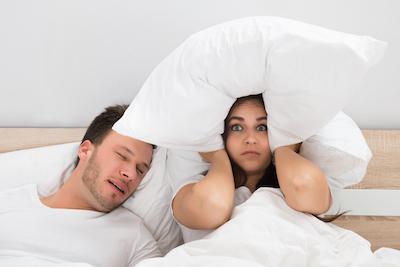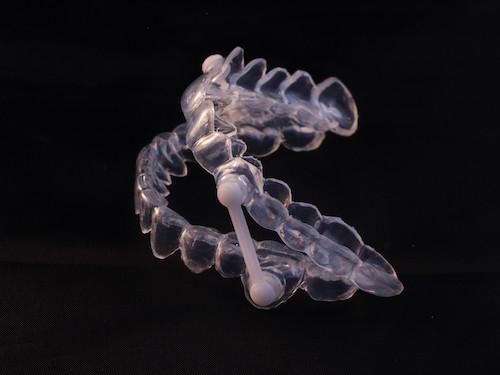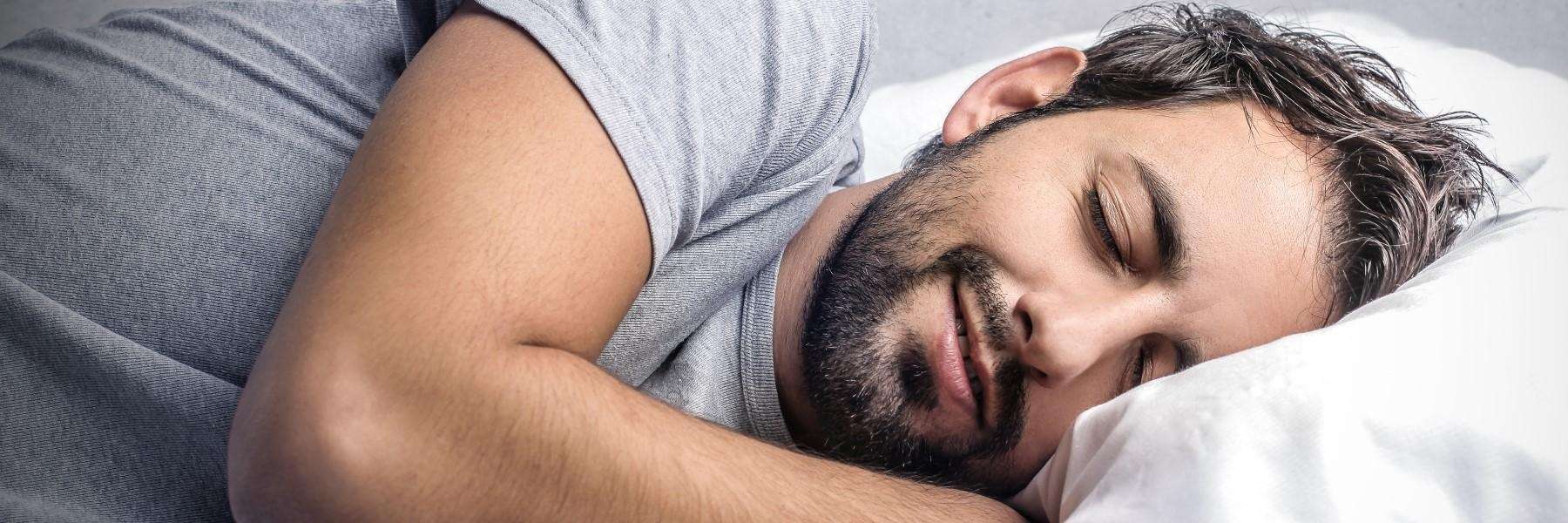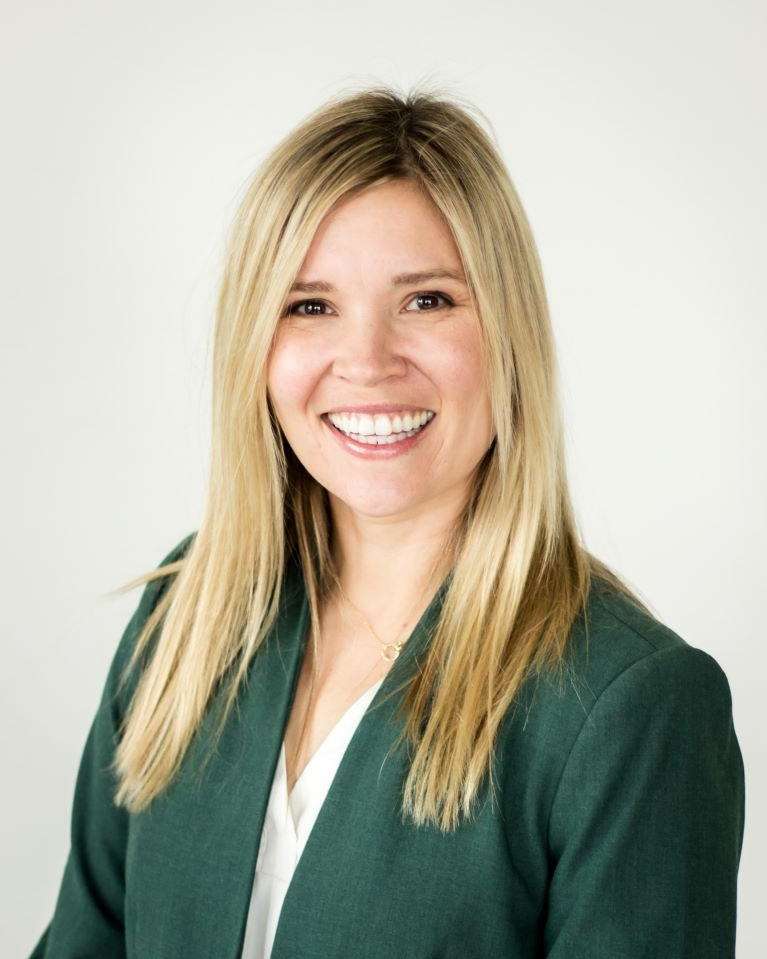Sleep Apnea Treatment
 Occasional snoring can occur for several reasons—certain medications, alcohol consumption, or being overweight. However, persistent snoring and difficulty catching your breath while you sleep may indicate that you suffer from Obstructive Sleep Apnea (OSA).
Occasional snoring can occur for several reasons—certain medications, alcohol consumption, or being overweight. However, persistent snoring and difficulty catching your breath while you sleep may indicate that you suffer from Obstructive Sleep Apnea (OSA).
About 30 million Americans have been diagnosed with varying degrees of sleep apnea, and many more suffer from sleep apnea symptoms without understanding the root cause. While OSA is a medical problem, many people aren't aware that their dentist may offer an alternative to a CPAP mask.
What Is Obstructive Sleep Apnea?
Sleep apnea occurs when the muscles and soft tissue in the throat soften and relax, causing the tongue to fall back and obstruct the airway. The result is a constant struggle to breathe, characterized by excessive snoring, long pauses between breaths, and gasping for air.
For some sleep apnea sufferers, these episodes last ten seconds or longer and occur hundreds of times in one night. The constant waking and struggling to breathe disrupts restful sleep, and the lack of a free exchange of air decreases the amount of oxygen in the body.
Numerous studies have shown that, without treatment, decreased oxygen levels can lead to:
- Heart attack
- Irregular heartbeat
- High blood pressure
- Congestive heart failure
- Stroke
In turn, a lack of restful sleep manifests in your daily life in the form of:
- An inability to concentrate
- Mood changes or depression
- Short-term memory loss
- Drowsy driving accidents
What Does Sleep Apnea Treatment Involve?
At Roots Family Dental, we consult your primary care doctor or sleep physician, who may recommend a sleep study to diagnose OSA. The treatment they prescribe varies based on the severity of the disorder.
Conservative first-line approaches include wearing a CPAP (Continuous Positive Airway Pressure) mask. However, many patients go through sleep studies only to find they cannot tolerate the CPAP device prescribed by their physician.
A Simple Solution for Sleep Apnea and Snoring
 If you have mild to moderate sleep apnea and can't wear your CPAP mask, Dr. Amy Wenninghoff may have the solution you need. For many patients, a simple dental device offers similar benefits to a CPAP but is much more tolerable to wear.
If you have mild to moderate sleep apnea and can't wear your CPAP mask, Dr. Amy Wenninghoff may have the solution you need. For many patients, a simple dental device offers similar benefits to a CPAP but is much more tolerable to wear.
Dr. Amy will work closely with your physician to determine if you are a good candidate for a customized oral appliance to stop your snoring and minimize sleep apnea symptoms. This appliance is called a mandibular advancement device because it moves your jaw forward while you sleep. This position also moves your tongue forward, opening the airway and allowing the free air exchange.
Snoring is not always a sign that you have OSA. If you suffer from snoring but not sleep apnea, Dr. Amy can make a snoring device to help with this as well.
Who Is at Risk for Sleep Apnea?
Men are more likely to have sleep apnea than women, and other risk factors include:
- A family history of sleep apnea
- Chronic nasal congestion
- Large neck or small jaw
- Narrow airway
- Being overweight
Do You Have the Symptoms of Sleep Apnea?
If you are constantly tired or your partner complains of excessive snoring or loud gasping for air, you may have obstructive sleep apnea. Obstructive Sleep Apnea (OSA) is a serious and potentially life-threatening medical condition that should be treated promptly.
Please call our Lincoln, NE, dental office, and we will find the solution that protects your general health and well-being and allows you and your partner to get a good night's sleep.

